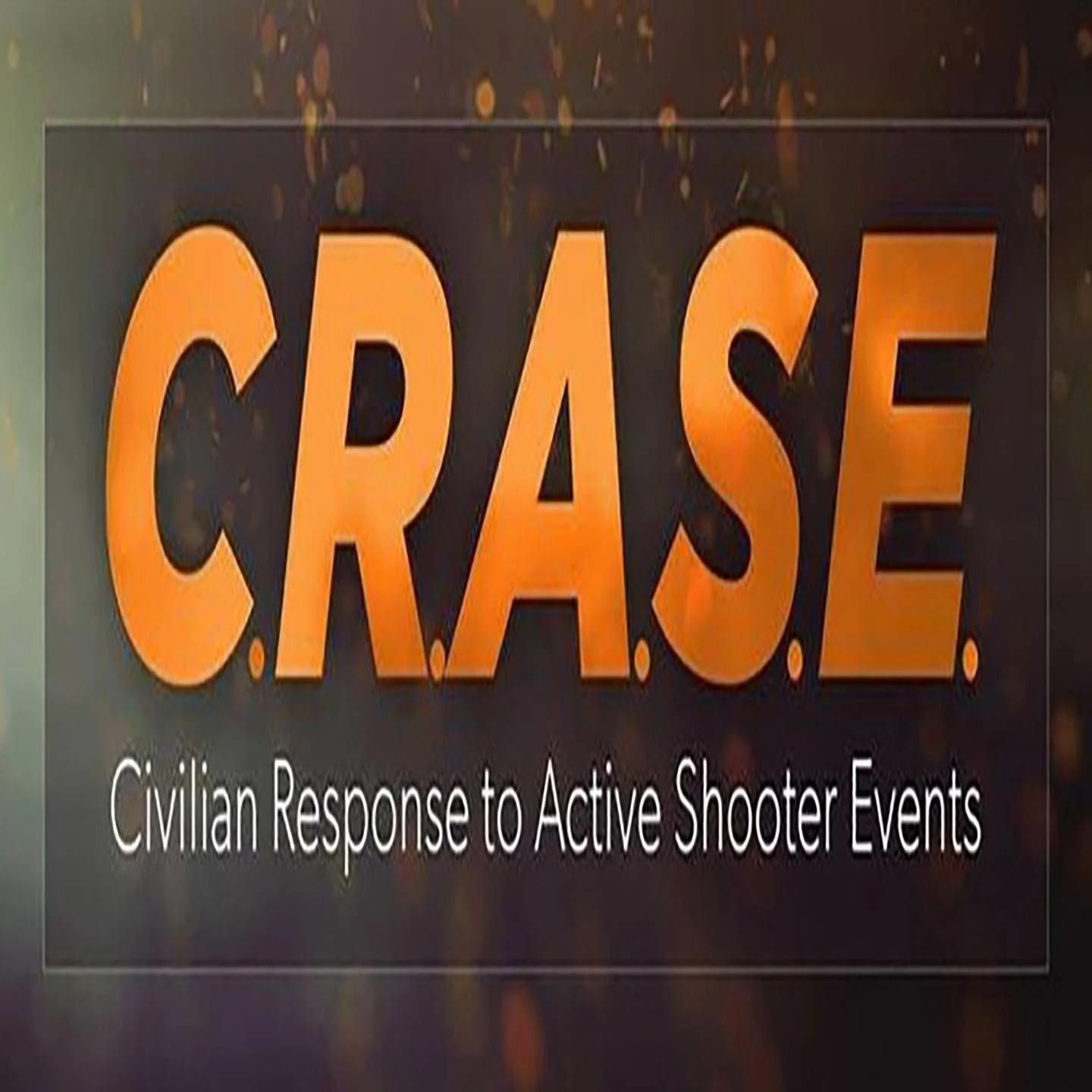
Training for Stronger, Safer Communities
The Texas Civil Guard provides professional, certified training to schools, colleges, churches, and community organizations. Our programs are designed to equip individuals with life-saving skills, enhance preparedness, and build confidence in critical situations. Whether you're looking for nationally recognized certifications or specialized instruction in communications and safety, we have the training to meet your needs. Check back soon for additional classes.
-

Radio Fundamentals
Communication can mean the difference between chaos and coordination. Our Radio Fundamentals course introduces participants to the basics of radio operation, frequency management, equipment setup, and effective on-air communication. Learn how to establish and maintain reliable contact in emergency situations, community events, or remote environments—no prior experience required.
-

Emergency Radio Networking
Stay connected when it matters most. This course covers the use of radio communications in emergency situations such as natural disasters, power outages, and public safety incidents. Participants learn network setup, message protocols, and best practices for maintaining clear, reliable communication under pressure. Ideal for community organizations, schools, and volunteer groups committed to preparedness.
-

GMRS Radio Station
Learn to set up and operate GMRS (General Mobile Radio Service) stations for home base and mobile use. This course covers equipment selection, installation, antenna setup, power management, and proper operation both on the move and from a fixed location. Participants will also gain an understanding of licensing requirements, FCC regulations, and best practices for safe, effective communication in both routine and emergency situations.
-

Civilian Response to Active Shooter Events
Civilians who find themselves embroiled in an active shooter event must be prepared to take immediate action to save their own lives before law enforcement arrives. The average response time for police response to an active attack event is three minutes.
